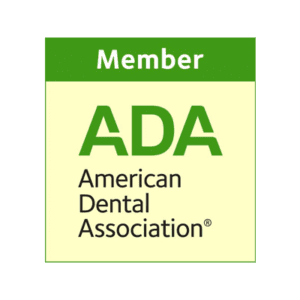No one should have to live in discomfort. If you’re experiencing headaches and jaw joint pain, it may be caused by TMD (temporomandibular joint disorder). The TMJ is the joint that hinges your lower jaw to the temporal bone of your skull. Pain, clicking, or popping of the joint and headaches are common symptoms of a TMJ disorder.
Tension in the jaw muscles caused by a misaligned bite can cause headaches, and in some cases, migraines. Treating the bite alignment problem usually leads to relief from headaches as well as facial aches and pains.





